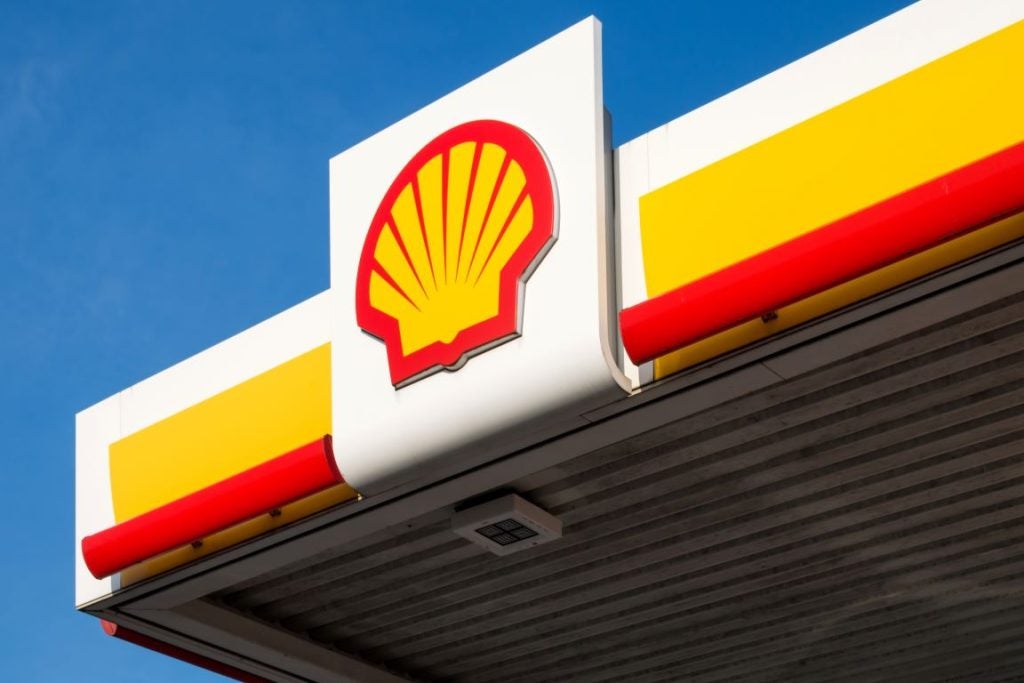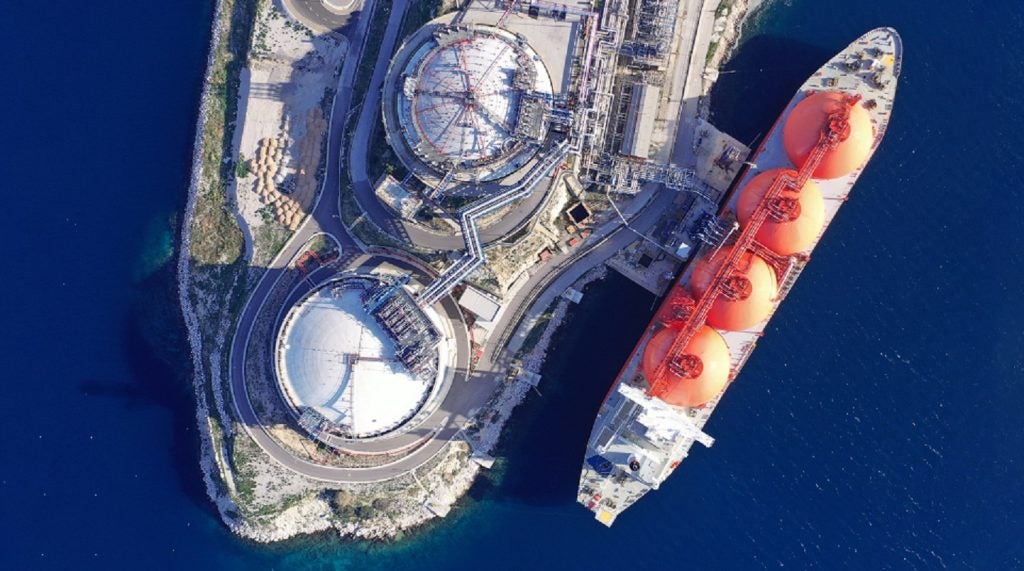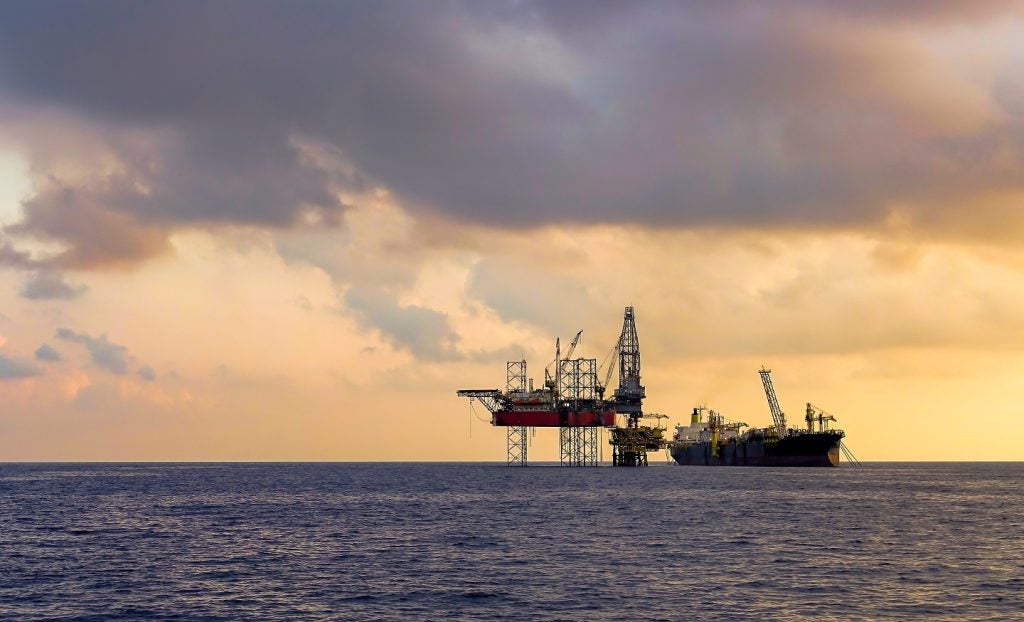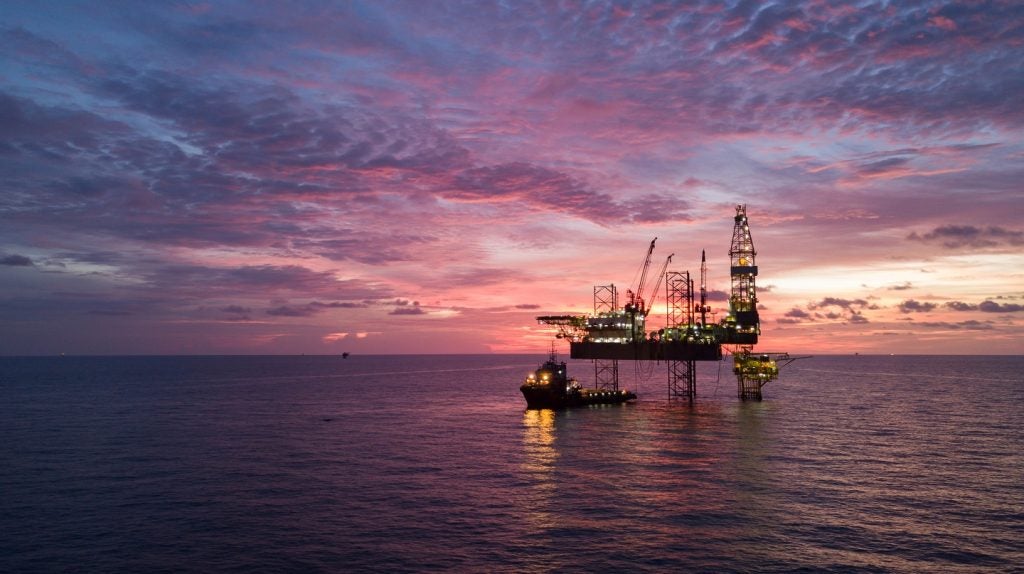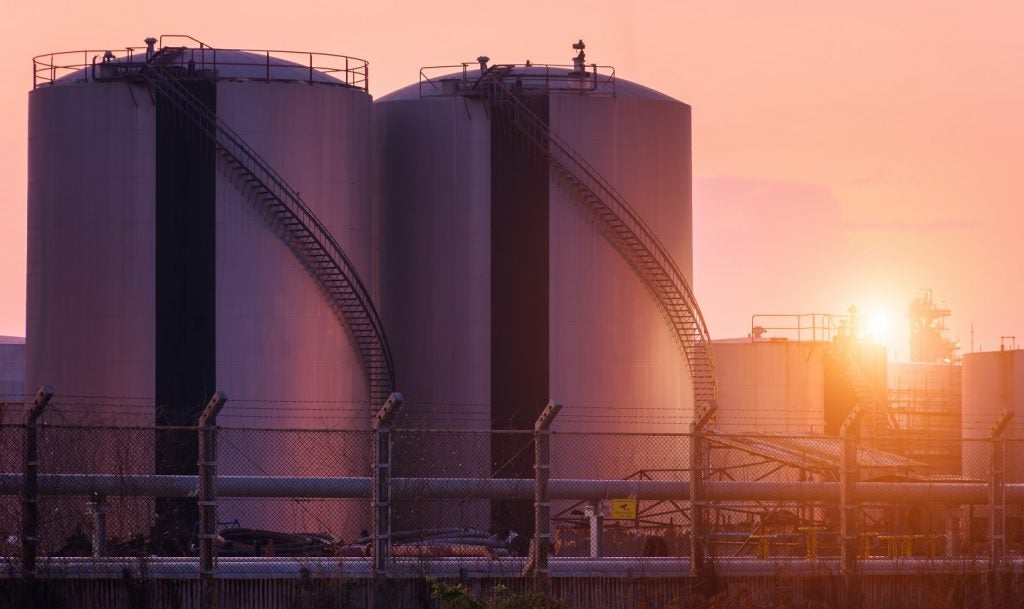Shell said that despite its high historical standards, its LNG trading results will significantly fall in this year’s first quarter (Q1) from Q4 2023.
In Shell’s Q1 update note published on Friday, ahead of its quarterly results on 2 May, the company said that “trading & optimisation results are expected to be strong, but significantly lower than an exceptional Q4 2023”. It expects LNG liquefaction volumes of 7.2–7.6mt in Q1 2024, up from 6.9mt in Q3 and 7.1mt in Q4 2023.
Shell ended 2023 on a high note, increasing LNG volumes to 16mt and achieving adjusted earnings of $7.3bn (£5.79bn). From June to September 2023, the production of combined gas, consisting of LNG, gas-to-liquids fuels and other items, was 900,000 barrels of oil equivalent per day (boepd), a decrease from 924,000boepd year-over-year.
Three sources familiar with the matter told Reuters in February that Shell's Q4 profit increased by nearly a third from the $2.4bn earned from LNG trading, the company having taken advantage of high demand before winter.
Shell's shares rose by 0.29% at the start of trading in London.
In the update, the company also stated that it expects significantly higher oil trading results in Q1 2024 compared with Q4 2023, anticipating a reduced deficit in its chemicals business due to sluggish global demand. The profit margins for chemicals are expected to increase to $151 per ton (t) from $125/t in the prior quarter.
Shell's 2023 profit stood at $28bn, a 30% decline from the all-time high results in 2022 due to lower energy prices and demand. Regardless, the company increased its dividend by 4% and extended its share repurchases. It anticipates a write-off of around $600m for exploration, primarily in Albania, in Q1 2024.
Shell CEO Wael Sawan said on 1 February: “We have already achieved one billion in structural cost reductions, well on our way to a reduction of $2–3bn by the end of 2025.”


